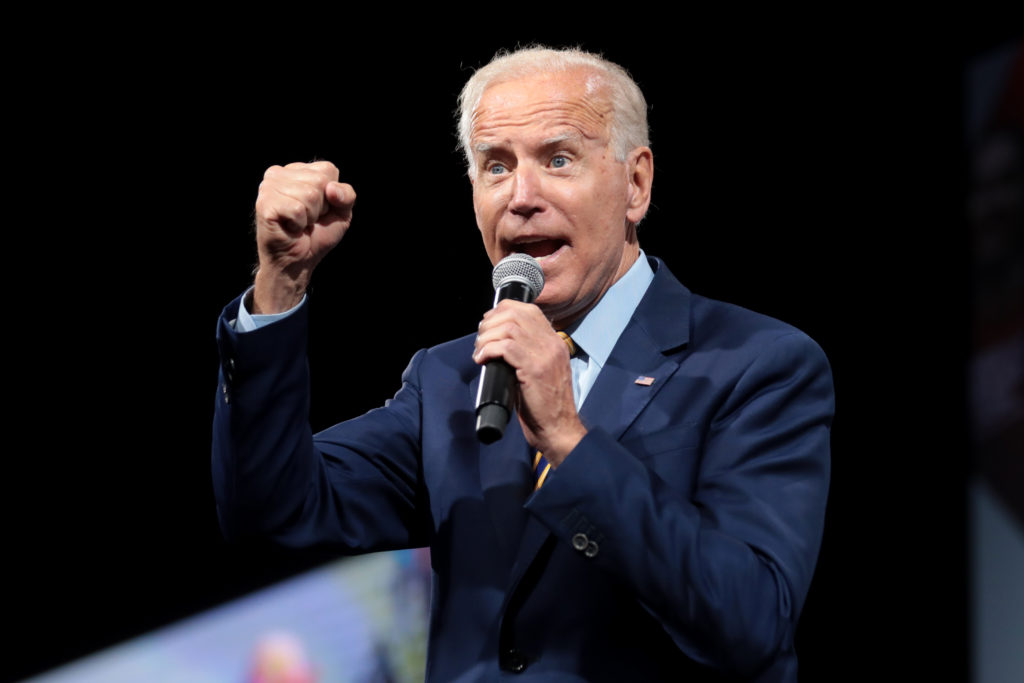Some Mistakes Are Mistakes, and Some Intentional Acts Are Crimes
OK, we get it, Joe Biden was just as clumsy as his predecessor about full protection of government documents. Fortunately for him, Biden was not as much of a jerk about it as Donald Trump.
By now, you must be aware of the narrative:
On Nov. 2, Lawyers packing up Biden papers in a locked closet the Penn Biden Center for Diplomacy and Global Engagement, an institute in downtown Washington that Joe Biden started after serving as vice president found 10 classified documents. The White House Counsel’s Office notified the National Archives, which took possession of the documents the next day.
So, we understand that Biden did not fight the idea of turning over documents he possessed as vice president, he didn’t deny having them, he never publicly claimed in court suits that he “owned” them or had magically declassified them. He simply cooperated and turned them back to the Archives – which apparently never had missed them.
Now, there are still a lot of questions here, including why Biden removed documents intended to be kept secret, what they contained, or how many documents there were in all.
Make no mistake, Biden screwed up. Whether that amounts to punishable offense is now left to a Trump-appointed Justice Department prosecutor and the FBI who will face the exact executive privilege hurdles about a sitting president that the former president had tried to raise himself. The degree to which revelations about Biden’s documents upsets the case against Trump – at least in public perception — is an open question.
The Political Bite
Of course, in our over-politicized times, this news hit with a partisan thud that Trump and his defenders wanted to use to balance the Scales of Wrong.
Simply put, if Biden had documents he should not have removed, then Trump should not face prosecution or an FBI “raid” that was the service of a legal, court-ordered search warrant for keeping hundreds of classified documents under virtually no security at his Mar-a-Lago support.
The most vocal Republicans, including Trump himself, were calling for FBI raids on Biden properties, including the White House.
We can excuse a bit of GOP hype here; Trump faces criminal charges for refusing multiple times to cooperate with the National Archives and the courts. But sooner or later, there should be some cooler examination of what happened here and how it differs from the Trump example.
Remember, the Biden documents were discovered by the president’s lawyers and voluntarily turned over. By comparison, in Trump’s case, the archives pressed for material to be returned before a grand jury subpoenaed them. After Trump’s lawyers handed over 38 classified document, swearing that was all of them, an FBI search recovered more than 100 additional classified documents that were not turned over to authorities.
So, the Trump case is as much about possible obstruction of efforts to recover all the documents as about the content. So far, no such allegation has been leveled against Biden.
Over-Classifying Documents?
In both situations, classified national security information was located somewhere it shouldn’t have.
Standing clear of the partisan concerns here, there are unanswered questions about whether the classification system is doing what it is supposed to and whether there is any enforcement of the rules.
From what I’ve read, mishandling of documents generally have been handled as administrative matters rather than criminal cases. The criteria for prosecuting people who mishandle classified documents include proving that the person deliberately broke the rules.
That would likely have been true for Trump as well – had he cooperated with the National Archives. It is the behavior of Trump and his lawyers to obstruct that normal process and to hide documents and deceive the courts that turned his case into something else.
The Penn Biden Center opened in 2018 as a think tank for the University of Pennsylvania in Washington, and its membership included longtime Biden aides, like Secretary of State Antony Blinken Steve Ricchetti, a senior adviser to the president.
For years, many studies across all political boundaries have argued that we classify too many documents as secret and in a bewildering sequence. We need rules that are understandable even to politicians and officeholders.
At the same time, the only thing that can stop the incessant first stop at political charges and countercharges is an understanding that some mistakes are mistakes, and some intentional acts are crimes.
PLEASE SUPPORT OUR NONPROFIT NEWS GATHERING BY DONATING TODAY





